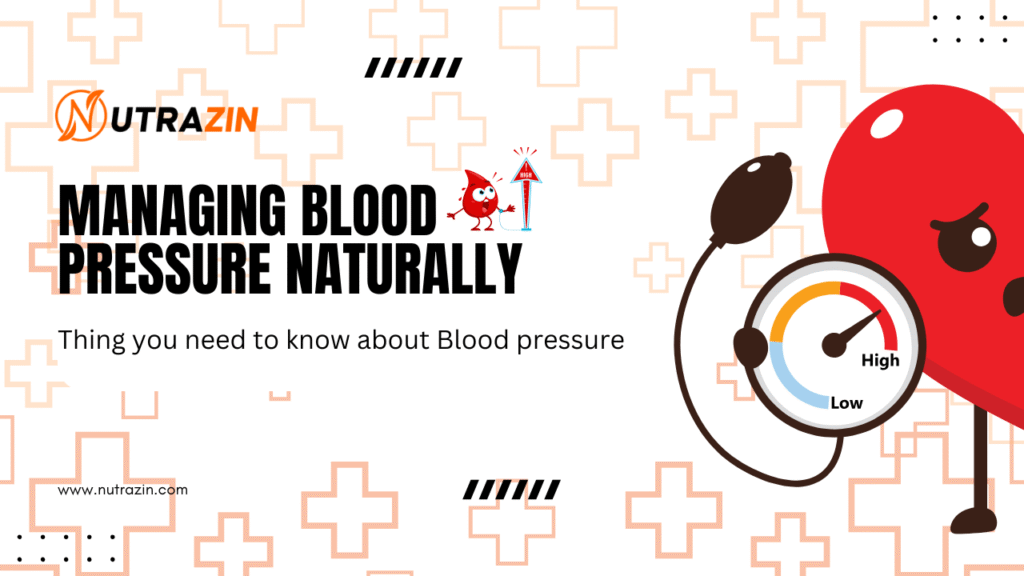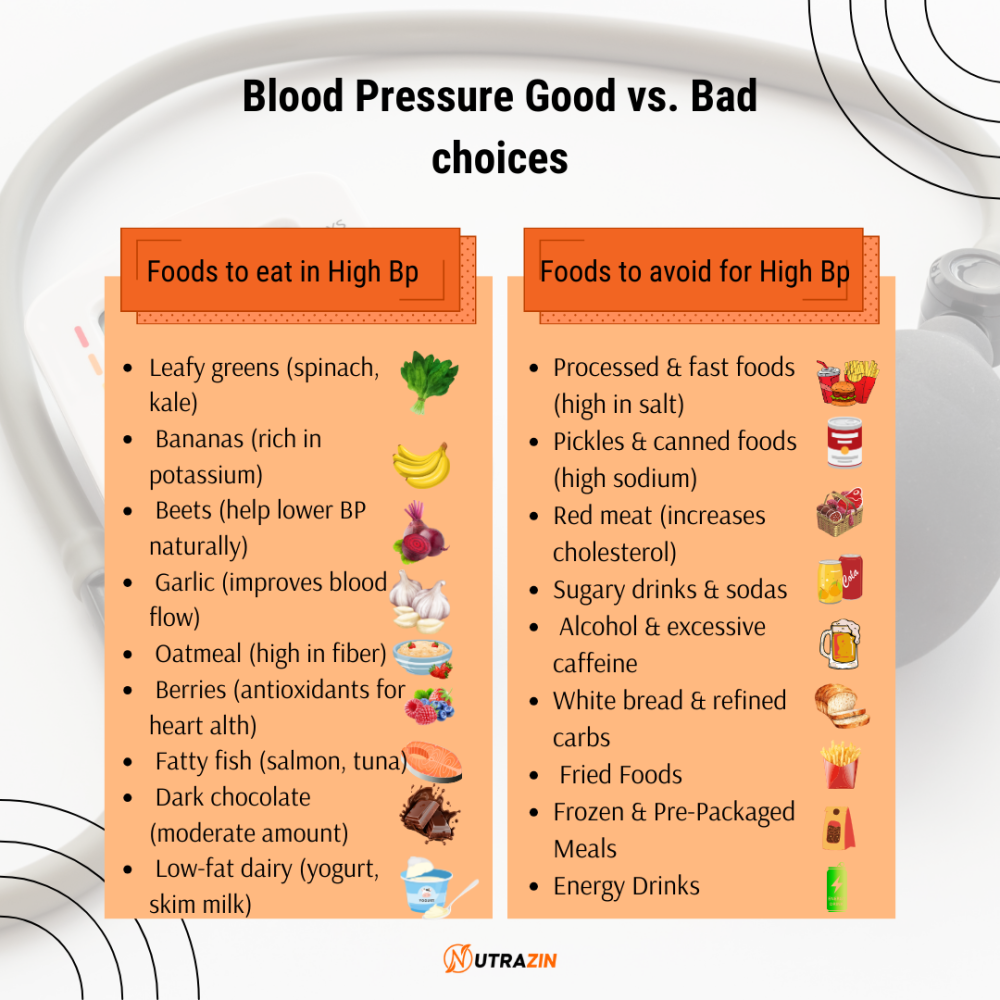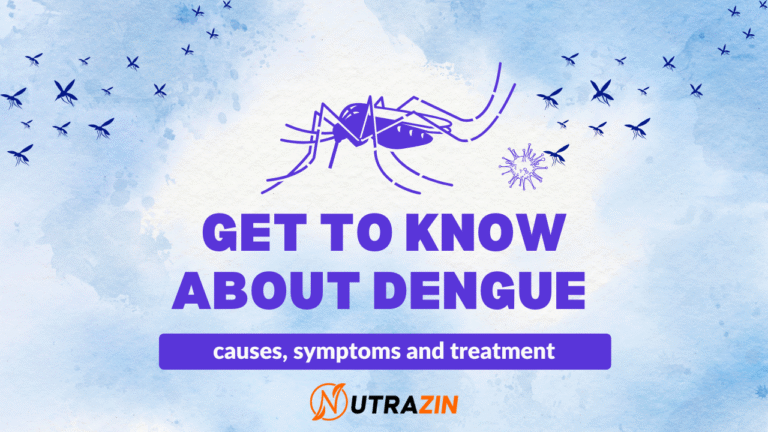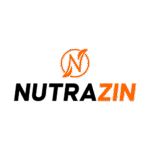
Blood pressure is a vital indicator of overall health. Whether it’s too high (hypertension) or too low (hypotension), an imbalance can lead to serious complications, including heart disease, stroke, and fatigue. This guide will help you understand the causes, risk factors, dietary recommendations, lifestyle changes, and essential supplements to maintain optimal blood pressure levels.
Understanding Blood Pressure
Blood pressure measures the force exerted by circulating blood against artery walls. It is recorded as two numbers:
– Systolic pressure (upper number): Measures the pressure when the heart beats.
– Diastolic pressure (lower number): Measures the pressure when the heart is at rest.
A normal blood pressure reading is around 120/80 mmHg.
High Blood Pressure (Hypertension)
Causes & Risk Factors:
– High sodium intake – Lack of physical activity – Obesity – Chronic stress – Smoking & alcohol consumption – Genetic predisposition – Poor diet (processed foods, refined carbs, excess sugar)
Foods to Eat for Lowering Blood Pressure:
- Leafy greens (spinach, kale) – Rich in potassium, which helps regulate BP.
- Bananas – Excellent potassium source to counteract sodium effects.
- Beets – High in nitrates, promoting vasodilation (blood vessel relaxation).
Foods to Avoid for High BP:
- Processed & fast foods (high sodium levels)
- Pickled & canned foods (preservatives increase BP)
- Sugary drinks (lead to weight gain and BP spikes)
Healthy Habits to Reduce High BP:
- Engage in at least 30 minutes of daily exercise.
- Reduce stress through meditation, yoga, or deep breathing.
- Limit salt intake and consume potassium-rich foods.
Low Blood Pressure (Hypotension)
Causes & Risk Factors:
– Dehydration
– Nutrient deficiencies (low sodium, B12, and folate)
– Sudden postural changes (standing too quickly)
Foods to Eat to Increase Blood Pressure:
- Salty foods in moderation (nuts, olives, cottage cheese)
- Whole grains (brown rice, oats) – Provide sustained energy.
- Caffeinated drinks (coffee, tea) – Temporarily boost BP.
Foods to Avoid for Low BP:
- Excessive alcohol (causes dehydration)
- High-carb meals (white rice, pasta, white bread)
Healthy Habits to Prevent Low BP:
- Drink plenty of water throughout the day.
- Eat small, frequent meals to maintain stable energy.
- Avoid standing up too quickly to prevent dizziness.

Best Supplements for Balanced Blood Pressure
– Magnesium: Helps relax blood vessels and reduce hypertension.
– Potassium: Balances sodium levels to prevent BP spikes.
– Coenzyme Q10 (CoQ10): Supports heart function and circulation.
– Omega-3 fatty acids: Reduces inflammation and improves BP regulation.
Conclusion
At Nutrazin Health & Supplements, we are committed to helping you achieve and maintain optimal blood pressure levels naturally. By adopting a balanced diet, staying active, and managing stress, you can take control of your heart health. Incorporating essential nutrients like Magnesium, Potassium, CoQ10, and Omega-3 fatty acids can further support healthy blood pressure regulation.
Trust Nutrazin to provide high-quality supplements that nourish your heart and body. Stay balanced, stay healthy, and let Nutrazin be your partner in wellness!




